Chinese president voices hope as Tibet talks begin
Chinese President Hu Jintao voiced hope over progress in talks that began Sunday between the Dalai Lama's envoys and China, AFP says.
Sunday, 04.05.2008.
12:39

Chinese President Hu Jintao voiced hope over progress in talks that began Sunday between the Dalai Lama's envoys and China, AFP says. The talks started following deadly unrest in Tibet that has marred the nation's Olympic build-up. Chinese president voices hope as Tibet talks begin The closed-door talks, held in the southern Chinese city of Shenzhen, are the first in over a year and come after international leaders pressured China to reopen dialogue in the wake of the violence. "I hope some positive results will be achieved in the meeting," Japan's Jiji press quoted Hu as saying in a briefing to Japanese reporters in Beijing ahead of his visit to Tokyo this week. However Hu also cautioned that China, which belatedly offered on April 25 to hold the talks following appeals by US President George W. Bush and other leaders, would not take the words of the Dalai Lama's envoys at face value. "We need to look out for not only what they would say but also what they would do," Hu reportedly said. China has repeatedly accused the Dalai Lama of wanting independence for his homeland and of fomenting the recent unrest in an effort to shine a world spotlight on Tibet ahead of the Beijing Olympics in August. The 1989 Nobel Peace Prize winner has rejected these accusations, but has accused China of widespread human rights violations of his people and maintained his push for greater Tibetan autonomy under Chinese rule. The unrest in Tibet began on March 10 with peaceful protests in the capital, Lhasa, to mark the anniversary of a 1959 uprising against Chinese rule. They escalated into a day of rioting on March 14 in Lhasa, then spread to other parts of western China with Tibetan populations. The Tibetan government-in-exile says 203 Tibetans have been killed and about 1,000 hurt in the crackdown. China says it has acted with restraint and that Tibetan "rioters" and "insurgents" have killed 21 people. However state media reported last week for the first time that police had shot dead a Tibetan pro-independence "insurgent" in what it said was a gun battle on April 28. Exiled Tibetan leaders have sought to play down expectations for the Shenzhen talks, and said their top priority was to end the current crisis in Tibet. "Our immediate concern is for the repression to end and all restrictions on Tibetans should be lifted," the government-in-exile's spokesman, Thubten Samphel, said Sunday. Tibetan prime minister-in-exile Samdhong Rinpoche emphasized on Saturday that the talks would be held at an informal level and not be on a par with six earlier rounds that started in late 2002 and broke off in 2007. "There will be no discussions over basic China-Tibet issues... as there is no atmosphere and conditions for these matters under the current situation in Tibet," Rinpoche told reporters. However Rinpoche, speaking from the government-in-exile's base in Dharamshala, India, said the administration was at least happy consultations were taking place. Rinpoche told AFP on Sunday that the talks had began on Sunday morning, but gave few other details other than to say the envoys were due to return to India on Tuesday or Wednesday. He said details of the talks, between two of the Dalai Lama's envoys and officials from the ruling Communist Party's United Front Work Department, would only be known after the envoys had returned. China released no details on Sunday. Ahead of the talks, China issued a series of statements through its state-run media that railed against the Dalai Lama. "The plot of the Tibetan independence and international anti-China forces will never succeed," said one long editorial in the Tibet Daily. On Saturday, Xinhua repeated what the Dalai Lama must do if talks were to have any chance of success. "It is hoped that through contact and consultation, the Dalai side will take credible moves to stop activities aimed at splitting China, stop plotting and inciting violence and stop disrupting and sabotaging the Beijing Olympic Games," Xinhua quoted an unnamed government official as saying. Chinese troops invaded Tibet in 1950 before annexing the region the next year. The Dalai Lama fled his homeland following the failed 1959 uprising.
Chinese president voices hope as Tibet talks begin
The closed-door talks, held in the southern Chinese city of Shenzhen, are the first in over a year and come after international leaders pressured China to reopen dialogue in the wake of the violence."I hope some positive results will be achieved in the meeting," Japan's Jiji press quoted Hu as saying in a briefing to Japanese reporters in Beijing ahead of his visit to Tokyo this week.
However Hu also cautioned that China, which belatedly offered on April 25 to hold the talks following appeals by US President George W. Bush and other leaders, would not take the words of the Dalai Lama's envoys at face value.
"We need to look out for not only what they would say but also what they would do," Hu reportedly said.
China has repeatedly accused the Dalai Lama of wanting independence for his homeland and of fomenting the recent unrest in an effort to shine a world spotlight on Tibet ahead of the Beijing Olympics in August.
The 1989 Nobel Peace Prize winner has rejected these accusations, but has accused China of widespread human rights violations of his people and maintained his push for greater Tibetan autonomy under Chinese rule.
The unrest in Tibet began on March 10 with peaceful protests in the capital, Lhasa, to mark the anniversary of a 1959 uprising against Chinese rule.
They escalated into a day of rioting on March 14 in Lhasa, then spread to other parts of western China with Tibetan populations.
The Tibetan government-in-exile says 203 Tibetans have been killed and about 1,000 hurt in the crackdown.
China says it has acted with restraint and that Tibetan "rioters" and "insurgents" have killed 21 people.
However state media reported last week for the first time that police had shot dead a Tibetan pro-independence "insurgent" in what it said was a gun battle on April 28.
Exiled Tibetan leaders have sought to play down expectations for the Shenzhen talks, and said their top priority was to end the current crisis in Tibet.
"Our immediate concern is for the repression to end and all restrictions on Tibetans should be lifted," the government-in-exile's spokesman, Thubten Samphel, said Sunday.
Tibetan prime minister-in-exile Samdhong Rinpoche emphasized on Saturday that the talks would be held at an informal level and not be on a par with six earlier rounds that started in late 2002 and broke off in 2007.
"There will be no discussions over basic China-Tibet issues... as there is no atmosphere and conditions for these matters under the current situation in Tibet," Rinpoche told reporters.
However Rinpoche, speaking from the government-in-exile's base in Dharamshala, India, said the administration was at least happy consultations were taking place.
Rinpoche told AFP on Sunday that the talks had began on Sunday morning, but gave few other details other than to say the envoys were due to return to India on Tuesday or Wednesday.
He said details of the talks, between two of the Dalai Lama's envoys and officials from the ruling Communist Party's United Front Work Department, would only be known after the envoys had returned.
China released no details on Sunday.
Ahead of the talks, China issued a series of statements through its state-run media that railed against the Dalai Lama.
"The plot of the Tibetan independence and international anti-China forces will never succeed," said one long editorial in the Tibet Daily.
On Saturday, Xinhua repeated what the Dalai Lama must do if talks were to have any chance of success.
"It is hoped that through contact and consultation, the Dalai side will take credible moves to stop activities aimed at splitting China, stop plotting and inciting violence and stop disrupting and sabotaging the Beijing Olympic Games," Xinhua quoted an unnamed government official as saying.
Chinese troops invaded Tibet in 1950 before annexing the region the next year. The Dalai Lama fled his homeland following the failed 1959 uprising.




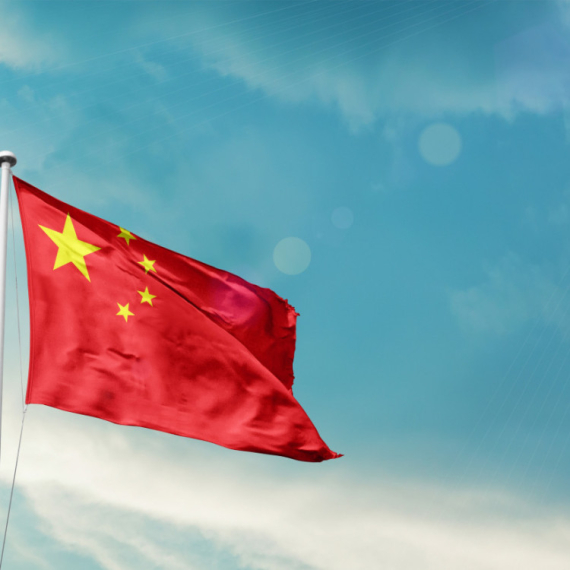







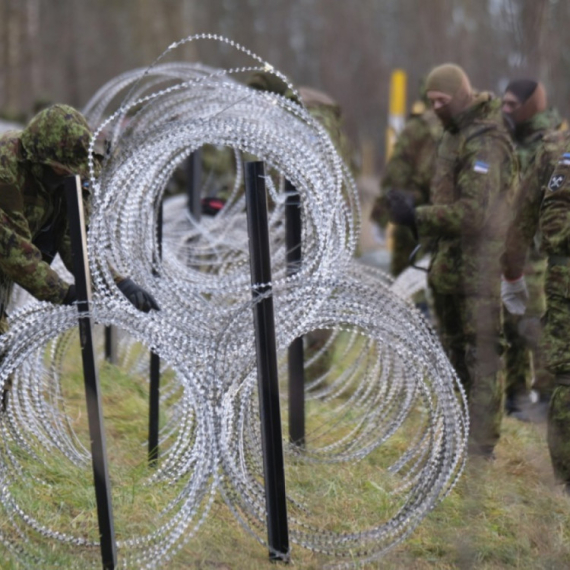

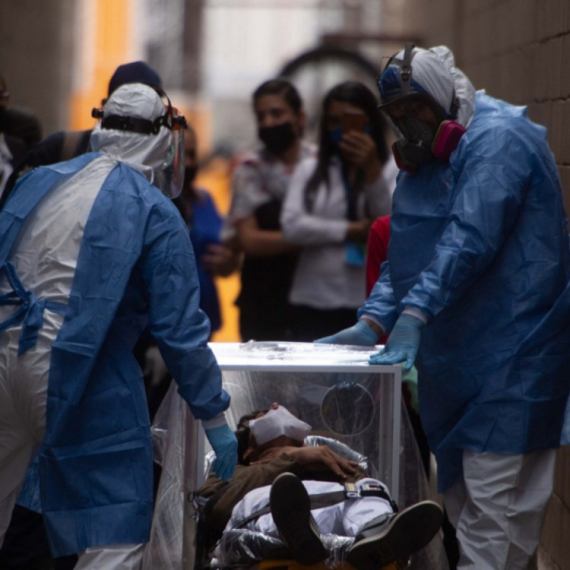
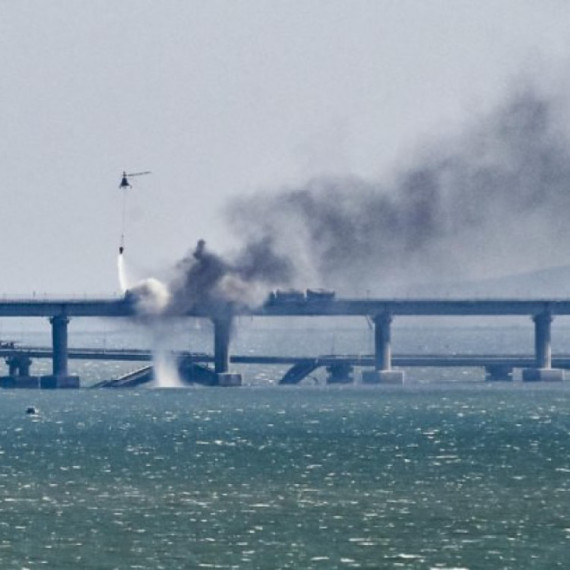



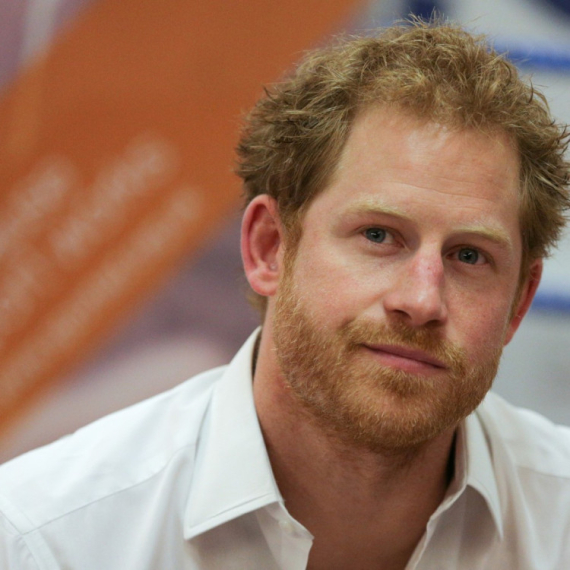

































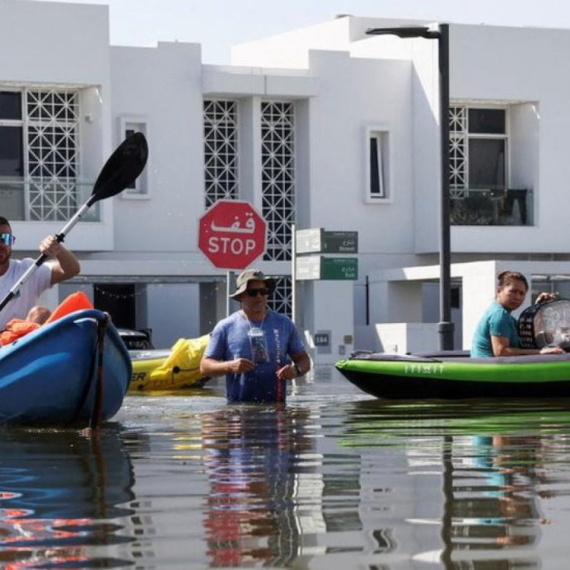



Komentari 0